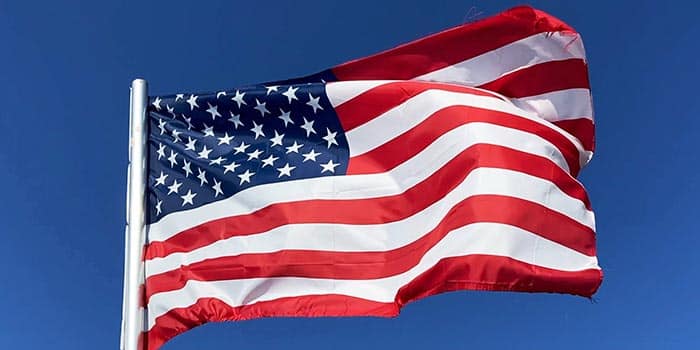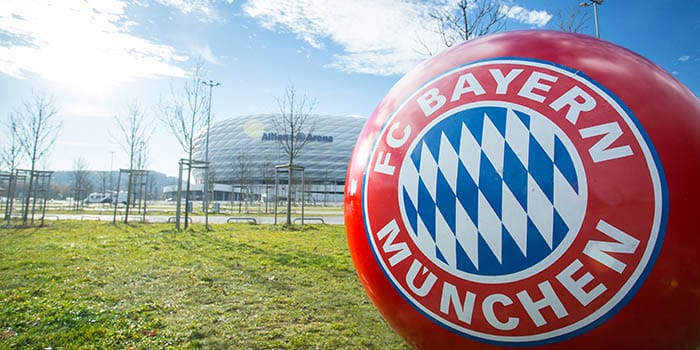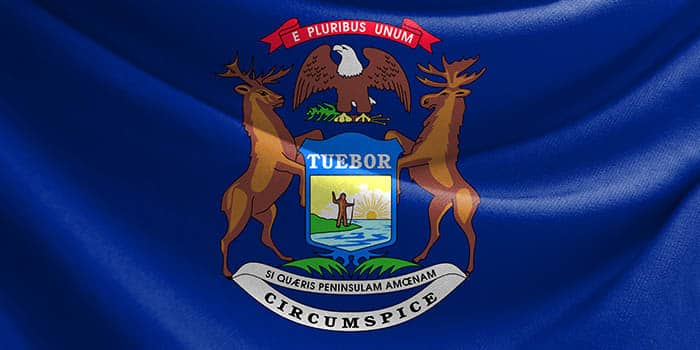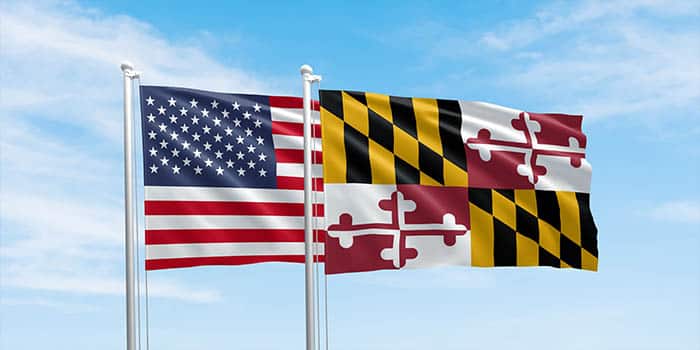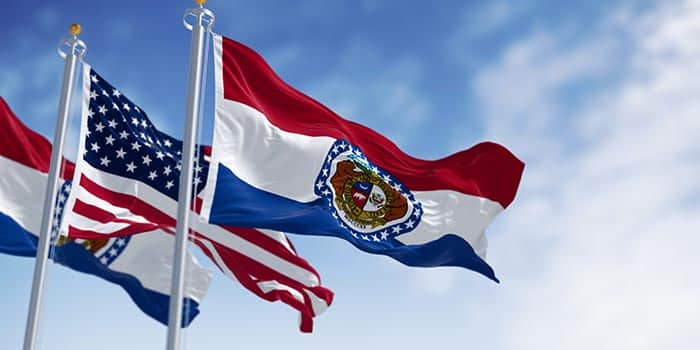- Casino
- By State
- Alabama
- Alaska
- Arizona
- Arkansas
- California
- Colorado
- Connecticut
- Delaware
- Georgia
- Florida
- Hawaii
- Idaho
- Illinois
- Indiana
- Iowa
- Kansas
- Kentucky
- Louisiana
- Maine
- Massachusetts
- Maryland
- Michigan
- Minnesota
- Mississippi
- Missouri
- Montana
- Nebraska
- Nevada
- New Hampshire
- New Jersey
- New Mexico
- New York
- North Carolina
- North Dakota
- Ohio
- Oklahoma
- Oregon
- Pennsylvania
- Rhode Island
- South Carolina
- South Dakota
- Tennessee
- Texas
- Utah
- Vermont
- Virginia
- Washington
- West Virginia
- Wisconsin
- Wyoming
- By State
- Slots
- Poker
- Sports
- Esports
New Analysis Projects a Higher Rise in US Online Wagering by 2025

A new report by the Wall Street Journal has a much more bullish picture for the US iGaming and sports betting market for 2025 than previously projected. It is authored by Joseph Greff, a J.P. Morgan analyst, who has updated the GGR projections for 2025. According to this report, instead of the originally projected $12.2 billion that the industry would make, the figure has risen by more than a third and is now $19.3 billion. Additionally, the report had a stronger take on this year with the launch of sports betting and iGaming in Connecticut that will be in effect on October 7.
A Breakdown of the New Projections
As told by the new projections for the iGaming and sports betting market in the US for 2025, sports betting revenue records an increase from $7.6 billion to $11.5 billion. The iGaming revenue could rise from the projected $4.6 billion to $7.8 billion. These numbers reflect on the 27 jurisdictions where sports betting is legal, together with Arizona, Wyoming, Maryland and Connecticut, as well as a total of 35 jurisdictions that will be in place by 2025.
Greff stated that with Connecticut’s addition, the new estimates for 2021’s sports betting and iGaming revenue have risen from $6.6 billion to $8.3 billion. Sports betting will be responsible for $4.4 billion, which is an increase from the original projection of $2 billion, while iGaming will contribute $3.9 billion. The previous projection was $2.1 billion.
With the accelerated pace at which online betting and iGaming space are rising in the US, the update was necessary, according to Greff. He also noted that since competition is escalating in the market, more consolidation in the industry is likely to happen.
Back in August, DraftKings acquired Golden Nugget Online Gaming and just last week, it bid $22 million for Entain, a company that is on a joint venture with MGM Resorts International. To add to that, William Hill was taken over by Caesars Entertainment.
According to Greff, the overall view is favorable, given the recent positive trends related to the NFL and college football, as well as the continued consolidation that may involve much more land-based operators with digital strategies and business models originating from daily fantasy sports.
He also said that this analysis showed him a greater appreciation for the online casino segment’s higher margin, even though these sites are legal in five states only – Pennsylvania, New Jersey, Delaware, Michigan, and West Virginia.
The Competition on the Market is Increasing
Across 18 states, that compares to total sports betting revenue of $1.75 billion. As told by Greff, even though DFS operators DraftKings and Fan Duel had a head start, they now face increased competition from companies that are gaining market shares, such as Rush Street, BetMGM and Caesars.
When combining the total market share of online casinos and online sportsbooks, Greff stated that during Q2, FanDuel was the leader with a 23% market share, while BetMGM and DraftKings had 19% and 17%, respectively.
In the three largest states that contain two-thirds of the market in the US, BetMGM’s market share in Q2 was 25%. FanDuel had a 20% market share, DraftKings 15%, Rush Street Interactive, which owns SugarHouse and BetRivers, had 9%, Caesars had 7%, and finally, Penn National had a 3% market share. Greff thinks that with the recent launch of Caesars Sportsbook, Caesars is likely to rise and gain a higher market share.
In the world of online casinos, BetMGM is leading the market, as its revenue for the first half of 2021 across the five states where online gambling is legal is $1.7 billion. He compared the numbers to the $1.76 billion in sports betting revenue across 20 states, saying that it is extremely close. In Q2 of 2021, BetMGM’s online casino market share was 30%, DraftKings’ market share was 14% and FanDuel’s market share was 11%. The increase of BetMGM’s market share year to date was at the expense of both FanDuel and DraftKings; the two companies have been “bleeding iGaming share,” according to Greff. Caesars’ market share was 5%, while WynnBet and Barstool have 2%.
So far in 2021, the sports betting space is controlled by FanDuel – 31% market share and DraftKings – 20% market share. However, Greff noted that both BetMGM and Caesars are gaining a percentage of that market share rapidly. Caesars’ share is 9%, while BetMGM’s share is 8%.
The top seven operators had 75% of the market share in the three largest online sports betting states in the last couple of months. FanDuel’s share was 45%, DraftKings’ share was 19%, and BetMGM’s share was 12%.
Greff noted that at the expense of Penn and FanDuel, Caesars and BetMGM have gained market share in recent months. He explained that the company is also looking for market share shifts as operators increase their promotions with the goal of attracting more customers ahead of the NCAA and NFL seasons.
In Pennsylvania and Michigan, the two states where promotional spending is broken down, Caesars and BetMGM had a 5% handle in July and August, which is a great increase, compared to the 3% handle in Q2.
Greff stated that it is expected for the promotional spending to be increased this fall due to the start of the NCAA and NFL seasons, the launch of Caesars Sportsbook, as well as the state legalizations. In Connecticut, several partnerships have already been formed. DraftKings partnered with Foxwoods, the Connecticut Lottery with Rush Street Interactive, Mohegan Sun with FanDuel, etc. Sportech will have as many as 15 retail venues that must be located 25 miles from any casino.
Given the disruptions caused by COVID-19 at land-based properties, it is still too early to see whether online gambling will cannibalize land-based casinos, although that isn’t likely. Greff also stated that in the states where both online sports betting and online casinos are legal, such as New Jersey, Pennsylvania and Michigan, the online revenue was strong, while the Q1 results of 2021 at land-based properties have been disrupted by the pandemic.
The online penetration is the greatest in New Jersey and Michigan if the revenue made by online sportsbooks and online casinos is viewed as a percentage of the total GGR. However, Greff noted that the removal of the in-person restrictions has allowed the GGR of land-based properties to recover at an extremely fast rate.
Filip Mishevski has been covering online gambling and cryptocurrencies for the past decade. He has written countless articles, how-to-guides, insights and news, and is keen on sharing his extensive knowledge in the aforementioned fields. He’s very passionate about soccer and MMA and is interested in how the online gambling industry will shape our future and thus, influence our lives.
Next Article


Industry
September 29, 2021
Entain Converts UK and Italian Betting Shops into Digital Hubs
Must Read
Industry
June 30, 2025
New Zealand Presses On with iGaming Legislation



